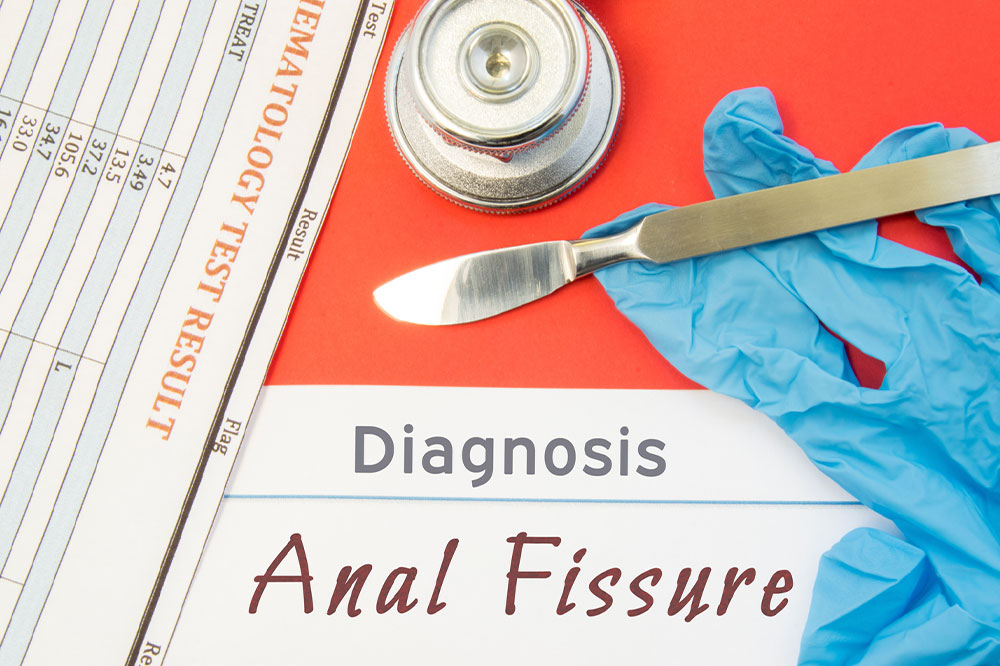Understanding Kidney Cancer: Causes, Symptoms, and Treatment Options
This article offers a comprehensive overview of kidney cancer, including its causes, early signs, stages, and available treatments. Understanding risk factors like genetic predisposition, obesity, and chemical exposure can aid in early detection. Key symptoms such as blood in urine and back pain are highlighted to promote awareness, while treatment methods including surgery and systemic therapies are detailed to inform patients and caregivers about possible management options.

Understanding Kidney Cancer: Causes, Symptoms, and Treatment Options
Kidney cancer, also known as renal carcinoma, can develop due to multiple factors. It primarily affects the renal pelvis and tubules, impairing the kidneys' ability to filter electrolytes, minerals, and excess fluids. Recognizing symptoms such as blood in the urine, persistent fatigue, and lower back pain is crucial for early detection and better outcomes.
Stages of Kidney Cancer
Stage 1 involves a tumor up to 7 centimeters confined to one area.
Stage 2 sees tumor growth larger in size but still localized without displacement.
In stage 3, tumor cells proliferate and spread to nearby lymph nodes, marking the onset of malignancy.
Stage 4 involves metastasis where cancer spreads to distant organs and tissues. Kidney tumors can be benign or malignant.
What Causes Kidney Cancer?
Genetic predisposition plays a significant role; mutations may cause uncontrolled cell growth leading to benign or malignant tumors.
Obesity increases risk by disrupting hormone regulation.
Men are more commonly affected, particularly if they smoke or have a family history.
Age-related decline in kidney function contributes to higher susceptibility.
Prolonged exposure to chemicals like benzene, cadmium, or asbestos elevates disease risk.
Pre-existing kidney issues, such as kidney failure, can increase the likelihood of cancer.
High blood pressure is another major contributing factor.
Signs and Symptoms of Kidney Cancer
Blood in the urine, especially in later stages.
Unexplained weight loss and loss of appetite.
Intermittent fever that comes and goes.
Persistent lower back pain that worsens over time.
Decreased energy and easy fatigue.
Swelling and inflammation in the legs.
Treatment Options for Kidney Cancer
Early-stage cancer may be treated with localized approaches like surgery or ablation.
Systemic therapies, such as targeted drugs or immunotherapy, are used depending on the stage and spread.
Advanced cases may require palliative treatments to reduce symptoms and improve quality of life.
Surgical removal of tumors remains a common and effective method.










